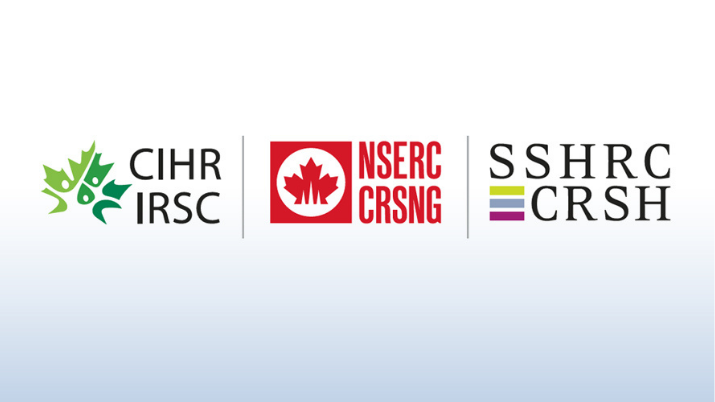

This federal funding supports training for the next generation of researchers.
The Government of Canada has announced the award recipients of its prestigious graduate scholarship and fellowship programs thorough the Canadian Institutes of Health Research (CIHR), the Natural Sciences and Engineering Research Council of Canada (NSERC), and the Social Sciences and Humanities Research Council (SSHRC), Canada’s three federal research funding agencies.
These awards recognize and support the next generation of research at UBC and across Canada. More than 4,761 scholarships and fellowships have been awarded for research training, including 232 master’s students, and 165 doctoral students and three postdoctoral fellows from UBC.
Congratulations to all of the psychology graduate students who are recipients of these awards:
Vanier Scholarship Recipient
2025
- Gabrielle Ibasco (SSHRC)
Project: Harnessing Group-Based Pride to Reduce Prejudice
The Vanier Canada Graduate Scholarship is one of the top graduate scholarships in the country. Vanier Scholars demonstrate a high standard of scholarly achievement in graduate studies in the social sciences and humanities, natural sciences and/or engineering and health. The award is presented to exceptional doctoral students who demonstrate strong research potential, leadership, and academic excellence.
Canada Graduate Scholarship – Master’s Program Recipients
Fall 2024 Competition
- Gloria Gu (SSHRC)
Project: Weather on the Mind: An Examination of the Relationship between Weather; Cognition; and Mood - Dana Hunter (SSHRC)
Project: Participatory Sense Making and Neurophenomenology in Soio-Cultural Cognition and Brain function - Yash Joshi (SSHRC)
Project: A Mixed-Method Analysis of Anxiety, Cannabis Use, and Stigma in 2SLGBTQIA+ Communities - Yeachan Kim (SSHRC)
Project: The Role of Confidence and Moral Calibration in Young Children’s Sociomoral Evaluations - Shannon May Craig (SSHRC)
- Yi Qing Ni (CIHR)
Project: Aging, Genetics, and Behavior in Parkinson’s Disease - Simon Sheppard (SSHRC)
Project: Stereotypes About Hoarding Disorder Among Canadian Front-Line Social Service Workers
When NSERC’s CGS-M results are available they will be posted here.
The Canada Graduate Scholarships – Master’s program (CGS-M) helps develop research skills and assists in the training of highly qualified personnel by supporting students who demonstrate a high standard of achievement in undergraduate and early graduate studies. This support allows these scholars to fully concentrate on their studies in their chosen fields.
Canada Graduate Scholarships—Doctoral Program Recipients
Fall 2024 Competition
- Simone Goldberg (SSHRC)
Project: Can a sexual mindfulness program buffer against expected declines in couples’ sexual well-being? - Seonwoo Hong (SSHRC)
Project: The Role of Parental Emotional Socialization in Children’s Emotion and Social Connectedness: A Longitudinal Study - Omran Safi (NSERC)
- Charlotte Stewardson-Gregory (SSHRC)
Project: Exploring the relationship between psychology graduate students’ knowledge and attitudes about neurodiversity and supporting neurodivergent individuals, and effects of a brief neurodiversity training
The Canada Graduate Scholarships — Doctoral (CGS-D) program supports and promotes research excellence in a wide variety of disciplines and broad fields of natural sciences and engineering, health and social sciences and humanities, including interdisciplinary and multidisciplinary research. This support allows scholars to concentrate on their doctoral studies more fully, to seek out the best research mentors in their chosen fields and to contribute to the Canadian research ecosystem during and beyond the tenure of their awards.
SSHRC Doctoral Fellowship Recipients
Fall 2024 Competition
- Anuki Amarakoon
Project: Is sexual well-being universally beneficial for relationships and quality of life? A cross-cultural dyadic study of romantic couples - Ruoning Li
Project: Exploring System-Level Solutions to Reduce Loneliness at Scale
SSHRC Doctoral Fellowships support high-caliber students engaged in doctoral programs in the social sciences and humanities. This support allows scholars to fully focus on their doctoral studies, seek out the best research mentors in their chosen fields, and contribute to the Canadian research ecosystem during and beyond the tenure of their awards.


